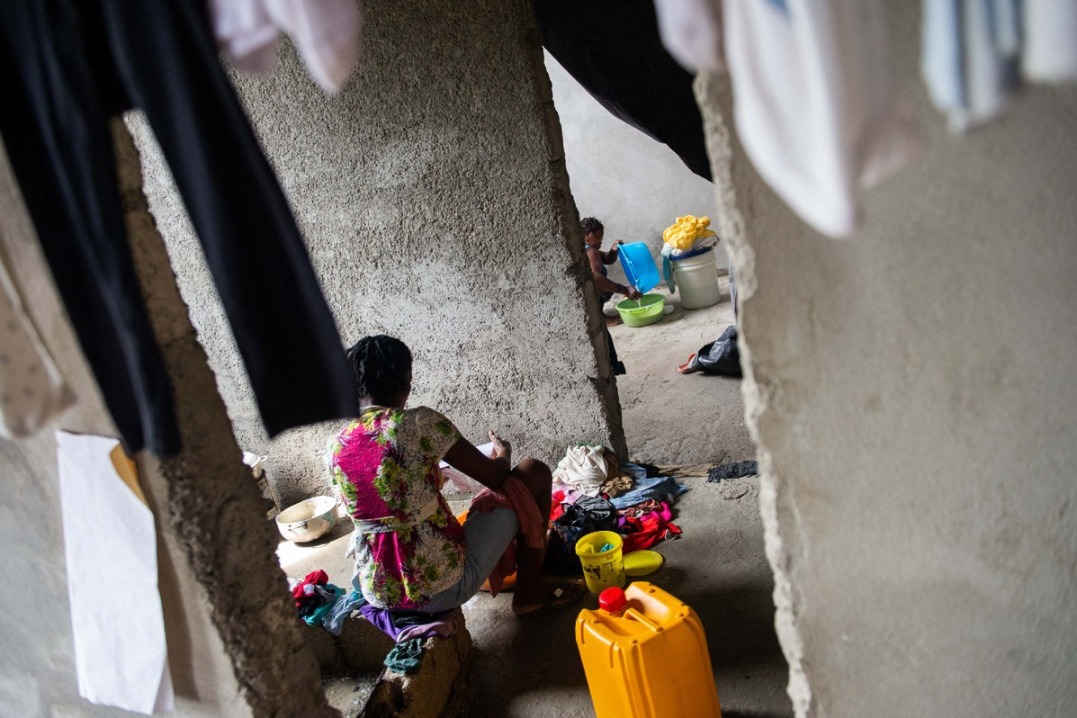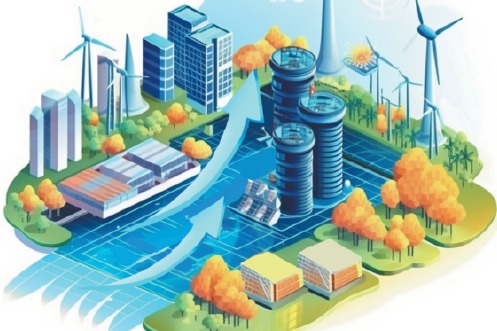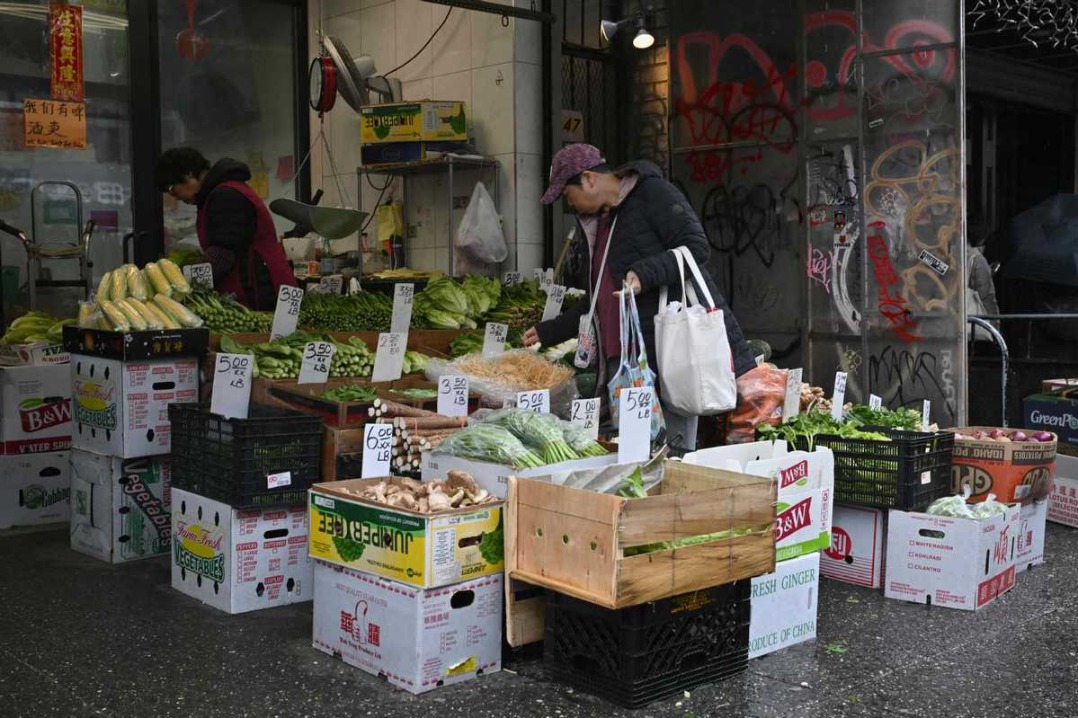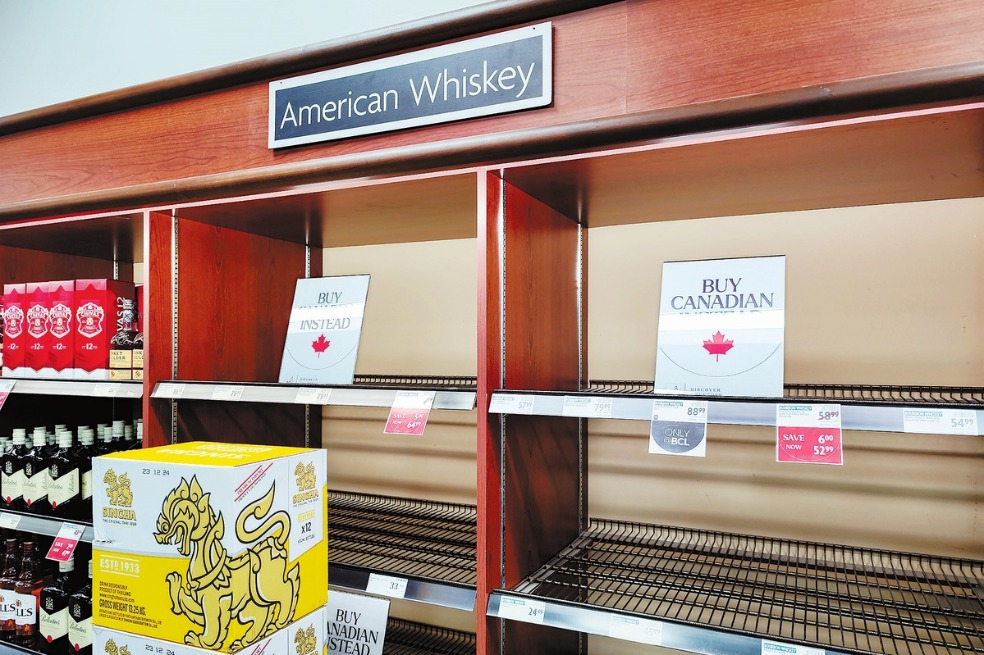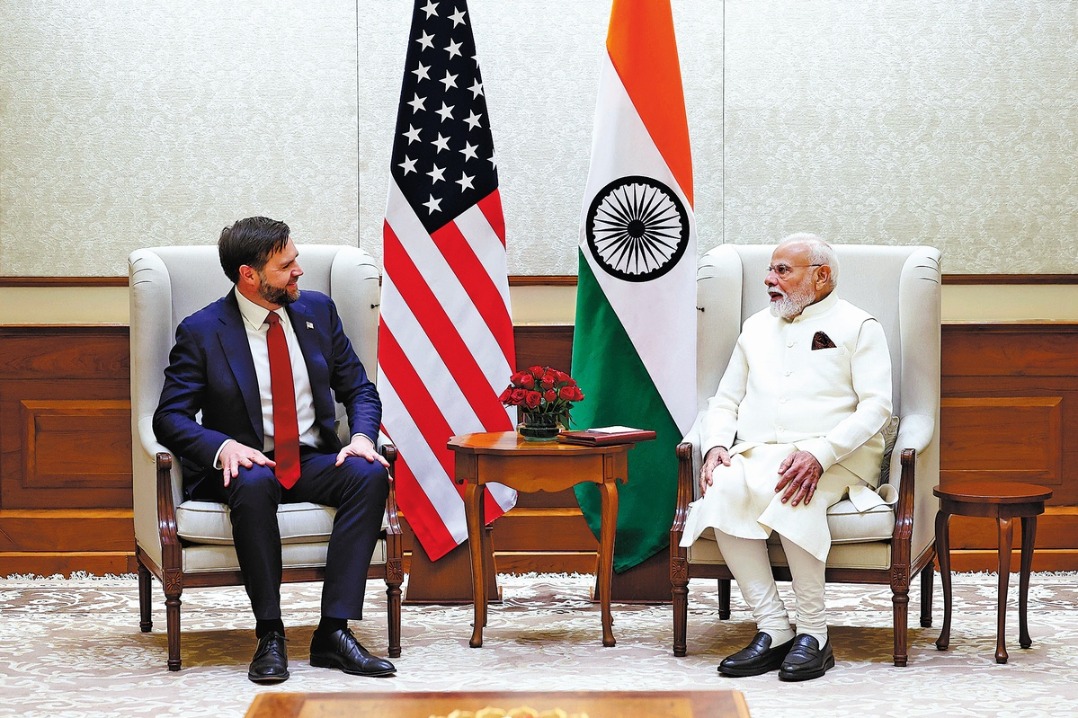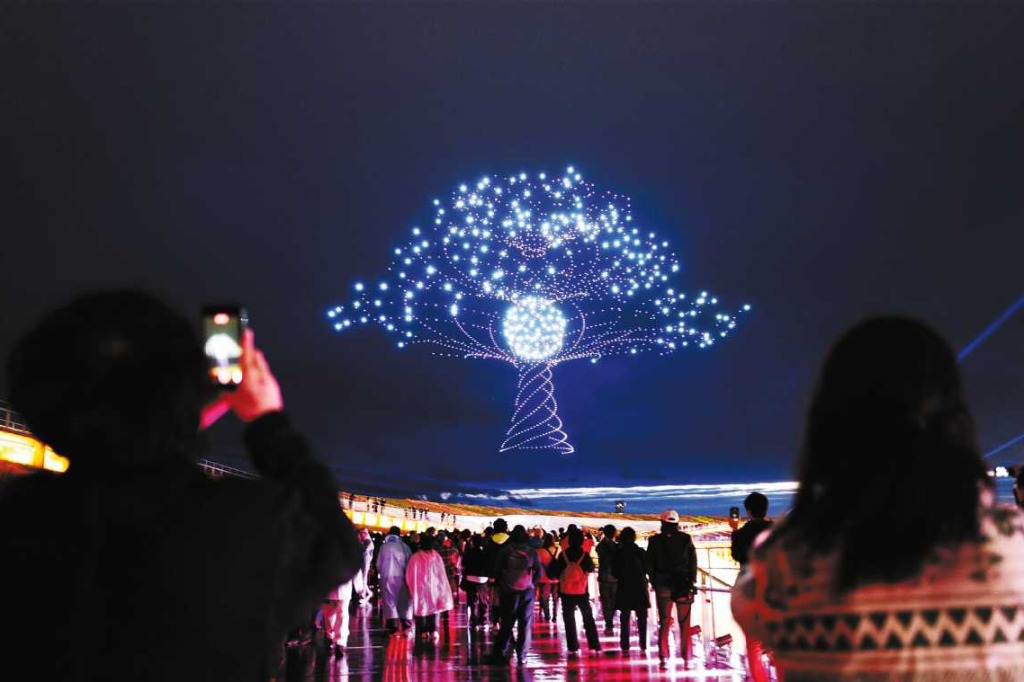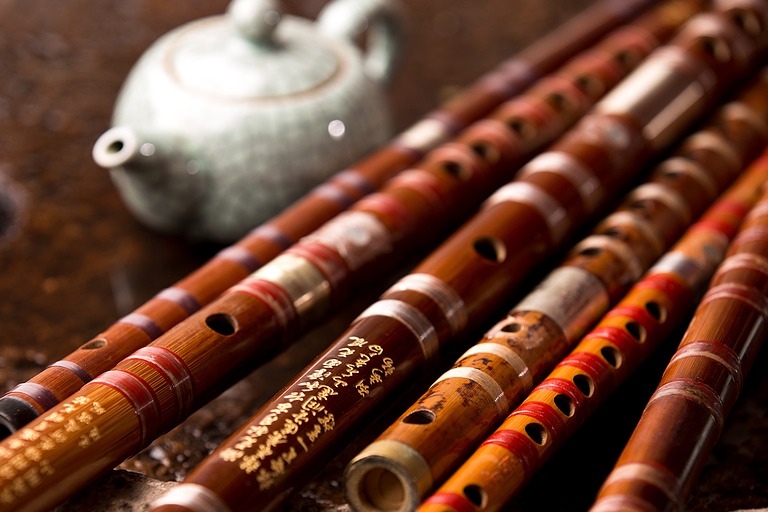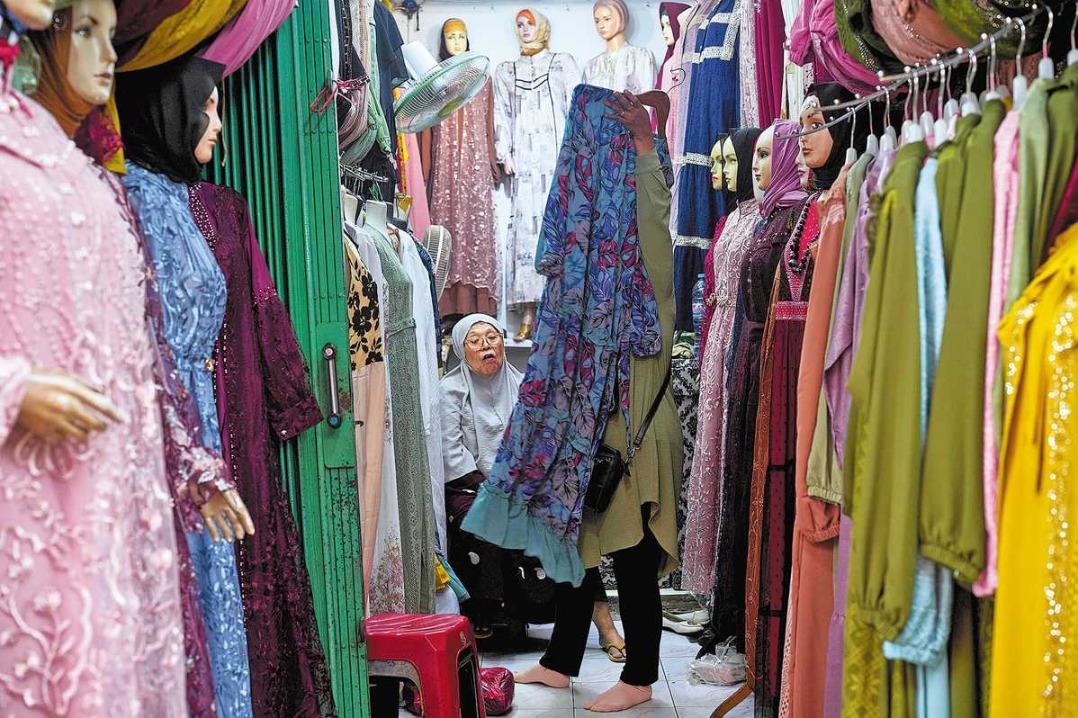Tariffs cast shadow at NY Auto Show

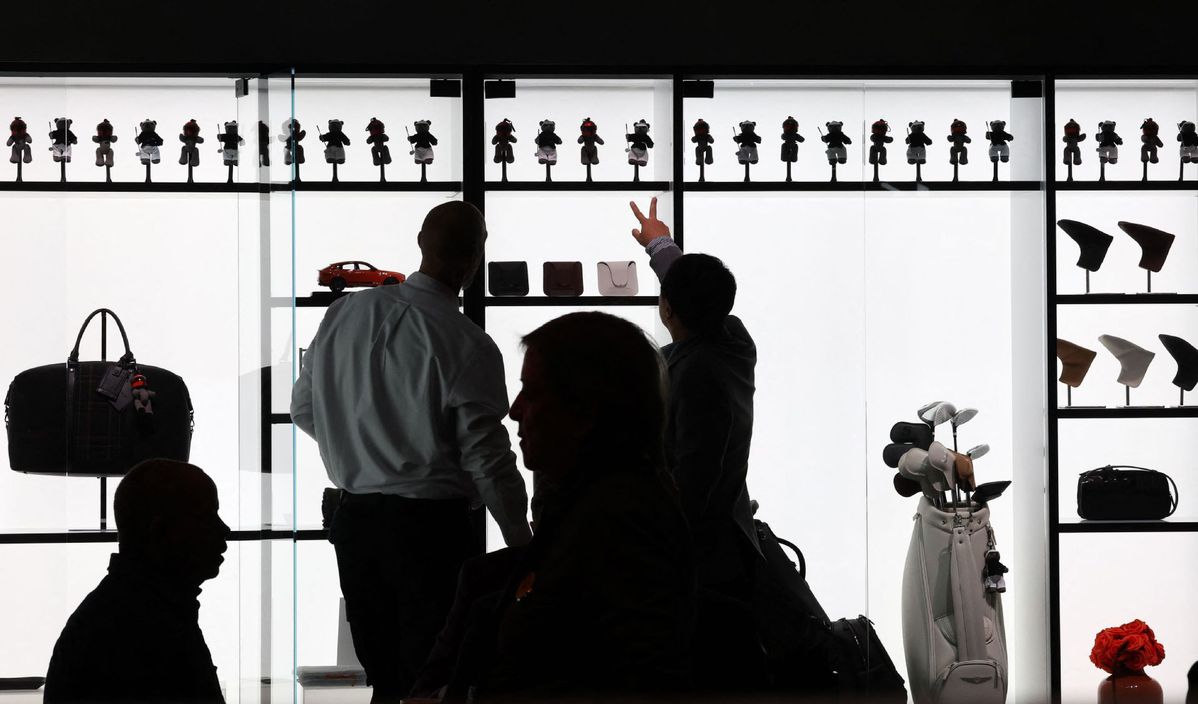
Automakers, auto parts dealers and consumers shared concerns over tariffs at the 2025 New York International Auto Show.
The 125-year-old auto show, one of the oldest in North America, opened to the public on Friday at the Javits Center.
While automakers displayed various models, car enthusiasts and potential buyers roamed the showroom, but there was a common topic among the crowd — tariffs.
Starting April 3, the Trump administration imposed a 25 percent tariff on all cars imported into the United States. Cars that qualify under the US-Mexico-Canada Agreement (USMCA) are not affected by the tariff.
There is also a separate 25 percent tariff on all imported steel and aluminum, which includes materials used in car parts. A separate tariff on auto parts will take effect on May 3, which also could include USMCA exemptions.
Additionally, a 10 percent reciprocal tariff applies to most countries — excluding China, which faces a 145 percent base rate.
However, for most retailers and dealers, prices have not yet changed, as current inventory is expected to last approximately 30 days to four months, according to Mark Schienberg, chairman of the Greater New York Automobile Dealers Association.
"The tariffs situation clearly has a major impact as far as affordability for customers," he said. "This is a real global industry, so there's not one source where parts and products come from. They come globally from all over.
"So, when you talk about the tariffs on it, whether you're a US domestic car manufacturer, or you're an importer, you're going to have an impact potentially on the costs of building a car," he said.
Japan's Nissan placed stickers on vehicles indicating they are made in the US and affected by the tariffs. South Korea's Hyundai launched a campaign assuring customers that its suggested retail prices would remain unchanged. Ford has introduced an "employee pricing" program for all customers.
"If we were looking to purchase a car soon in the next six months, it definitely would [be affected] by the tariffs," Jennie Feinberg, a car show goer told China Daily. "We are not in that phase right now."
For auto parts importers and dealers, the tariffs also add a layer of uncertainty.
"I've noticed a very small increase already, where parts are becoming more expensive, the shipping is more expensive, and the manufacturing is costing more — the effects are already being felt here," said Ryan Van Williams, an auto parts supplier that mainly sells European car parts in Queens.
"I do some parts from China for Honda and Toyota," he said. "I feel the price might change in the future, like suspension parts. I've been trying to stock up more. I'm just trying to watch my prices."
For Chinese vehicles, especially EVs, the US market remains largely unreachable due to a 100 percent tariff imposed during the Biden administration, despite the cars' increasingly recognized price and performance.
The BYD Seagull / Dolphin Mini was awarded the 2025 World Urban Car by the World Car Awards, a program initiated, organized and judged by automotive journalists from around the world, at the New York Auto Show on April 16.
"The Chinese cars are getting so good that if they come into the [US] market, they are going to kill the market. The quality now is really there, and everything is changing," said Al Vazquez, an industry expert.
Vazquez said he tested the BYD Shark hybrid pickup recently, which greatly impressed him.
He has been traveling around the world to evaluate different cars and said he supports more exchanges between the Chinese and US auto industries.
"Between the tariffs and everything that is happening right now, there's big commercial conflict," he said, adding that he hoped it would let up.
Xinhua contributed to this story.
















